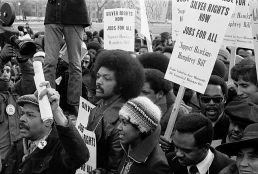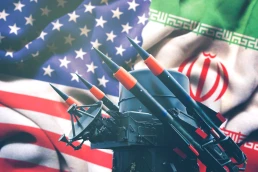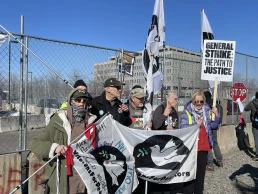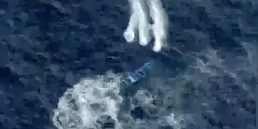Although the regional authorities are desperately trying to do anything to maintain order, they do not seem to be succeeding.
By Boris Kagarlitsky, Russian Dissent
Vladimir Putin, by declaring a “partial” mobilization in Russia, achieved at least one thing: society finally realized that it was in a state of war. In fact, in a few minutes, the president not only destroyed the social contract that had been functioning in the country for the more than two decades of his rule, but also nullified all the work of his own propaganda during the previous 7 months of the conflict with Ukraine.
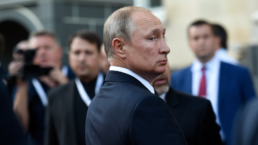
Until the mobilization was announced, most of the society did not think about the war, and it can be said that they did not even know about it. Of course, propagandists raged on TV literally every day, and on the internet there were fierce battles between supporters and opponents of the military operation in Ukraine. But the apolitical Russian society did not show much interest in this; most people do not watch political television shows, nor do they read political websites, whether oppositional or pro-government. Somewhere in the background there is information about battles and losses, but this is nothing more than the noise of everyday life, which goes on as usual.
On September 21, the situation changed radically and irreversibly. Awareness has come, and resistance has begun with that. Of course, one can be outraged that Russians reacted to the tragedy of Ukraine only when it at last directly affected them. But after all, it took American society several years for public opinion to react to the Vietnam War.
The war has actually became not only a part of public consciousness, but also a defining fact of both public and private life. The first response to the announcement was a mass evasion of mobilization. In the days after Putin’s speech, the number of young men leaving the country far exceeded those who planning to answer the call to mobilize (of course, if one wants to believe the clearly underestimated official figures). The number of people who crossed the border approached 300,00, more than twice as many refuseniks as there are soldiers in Ukraine. And these are only those who ended up in neighboring states. Endless crowds of people gathered at the borders of Kazakhstan and Georgia. They left by personal transport, on bicycles and scooters, even on foot. On the other side of the border, in Kazakhstan, many volunteers met the arrivals and helped them. This is not the first time Kazakhstan has received mass flows of people from Russia – there have always been exiles, evacuees, and settlers. At the same time, thousands of young people remained in Russia but have evaded the clutches of the recruiting stations; some have gone into the woods, and in some places military enlistment offices and administrative buildings have been set on fire.
Recent Posts
The Left Owes a Lot to Jesse Jackson
February 19, 2026
Take Action Now As a movement builder, spokesperson, and candidate for the presidency, Jesse Jackson’s accomplishments were massive. He was one of…
Trita Parsi Warns U.S. & Iran Have Incentives to Escalate Conflict
February 19, 2026
Take Action Now “We have a very dangerous situation, because both sides actually believe that a short, intense war may improve their…
Minneapolis: Organizing for the Protection of the Community
February 18, 2026
Take Action Now In speaking with residents in several parts of Minneapolis, beautiful stories of organizing on a block-by-block level emergedBy…
U.S. Sent a Rescue Plane For Boat Strike Survivors. It Took 45 Hours To Arrive.
February 17, 2026
Take Action Now In seas that could kill a person within an hour, it took nearly two days for a rescue plane to arrive.By Tomi McCluskey and Nick…

